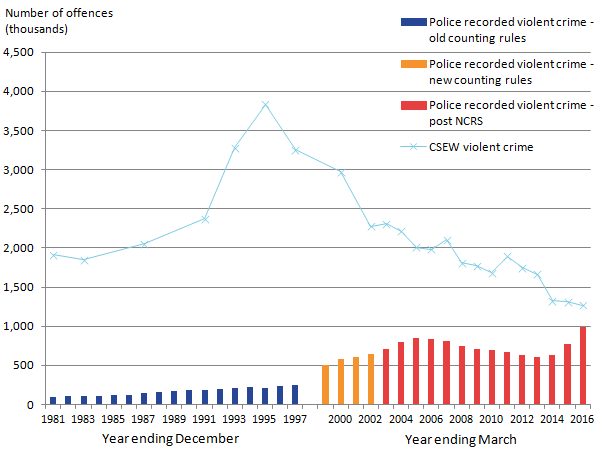Media representations of crime
1/13
Earn XP
Description and Tags
Name | Mastery | Learn | Test | Matching | Spaced |
|---|
No study sessions yet.
14 Terms
What percentage of British newspaper news space is devoted to crime according to Williams and Dickinson (1993)?
30%
What tendency do British newspapers have towards crime representation? ( bad.. disto)
They give a distorted image of crime, criminals, and policing.

What did Ditton and Duffy find about media reports on violent or sexual crime?
46% of media reports were about violent or sexual crime, yet only 3% of these crimes were recorded by the police.
According to Marsh, how much more likely is a violent crime to be reported compared to a property crime?
36 times more likely.
What is the ‘age fallacy’ as discussed in the context of media crime representation?
The media portrays criminals and victims as older and more middle-class than those typically found in the criminal justice system.
What does the term ‘dramatic fallacy’ refer to in media crime reporting? (Felson states this)
The media overplay extraordinary crimes and underplay ordinary crimes.
What are news values in the context of crime coverage?
Criteria by which journalists and editors decide whether a story is newsworthy.
Name a key news value that is often associated with breaking news.
Immediacy.
According to SURETTE what is meant by the ‘law of opposites’ in fictional representations of crime?
Fictional representations of crime often depict opposite scenarios to official statistics.
List some ways the media is criticized for encouraging criminal behavior.
Imitation, temptation through violent imagery, glamourizing offending, portraying police as incompetent.
What correlation did GEBNER ET AL find related to media consumption?
Heavy users of TV had higher levels of fear of crime.
How does left realism view the relationship between mass media and relative deprivation?
Mass media increases the sense of relative deprivation among marginalized groups.
What does cultural criminology suggest about media and crime?
The media turns crime into a desirable commodity.
What opportunities does the internet provide in terms of crime, according to JEWKES (2003)?
Opportunities to commit conventional crime such as fraud and new crimes like software piracy.